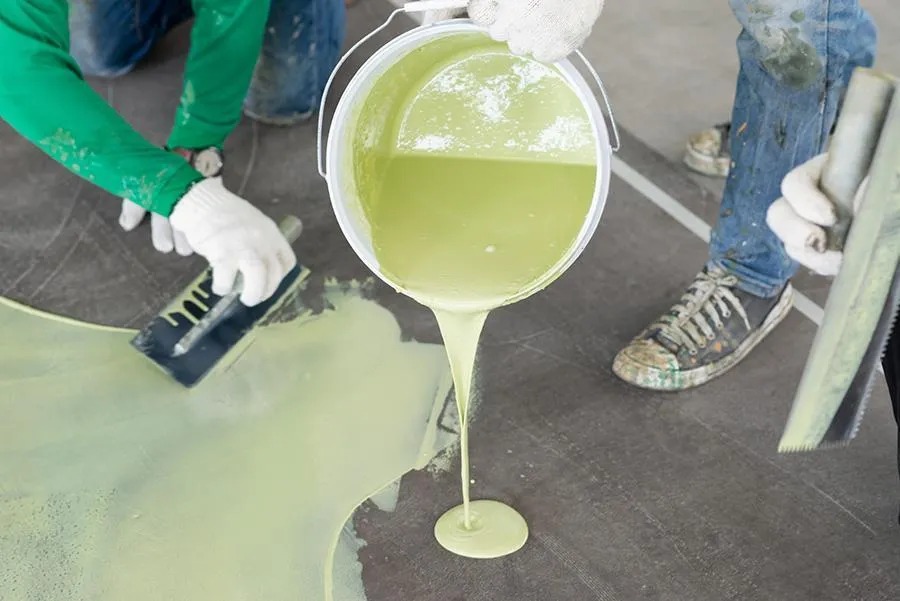A playful puppy is a delight to behold, bounding around with endless energy and enthusiasm. However, as a responsible pet owner, encountering diarrhea in your furry friend can be concerning. What adds to the confusion is when your puppy continues to exhibit their playful nature despite experiencing gastrointestinal distress. In this article, we’ll explore why this phenomenon occurs and how to effectively manage it while ensuring your puppy’s health and happiness.
Understanding the Situation:
Diarrhea in puppies can stem from various factors, including dietary changes, food intolerances, infections, parasites, or stress. When your puppy experiences diarrhea, it’s a sign that their digestive system is upset and attempting to expel irritants or toxins. Despite this discomfort, many puppies retain their playful demeanor, which can lead pet owners to overlook the severity of the situation.
Why Is My Puppy Still Playful?
Puppy has diarrhea but still playful are naturally curious and resilient creatures. Their instinct to explore and play often overshadows any discomfort they may be experiencing. Additionally, some puppies have a high pain threshold, allowing them to mask their symptoms more effectively. Furthermore, the release of endorphins during play can temporarily alleviate discomfort, making it easier for puppies to engage in playful activities even when unwell.
Managing a Playful Puppy with Diarrhea:
- Monitor Symptoms: While your puppy’s playfulness may provide some reassurance, it’s essential to monitor their overall health closely. Keep an eye on their stool consistency, appetite, hydration levels, and energy levels.
- Hydration: Diarrhea can lead to dehydration, so it’s crucial to ensure your puppy stays hydrated. Offer small amounts of water frequently, and consider providing electrolyte solutions to replenish lost fluids and minerals.
- Dietary Adjustments: Temporarily switch your puppy to a bland diet to ease gastrointestinal upset. Boiled chicken and rice or specialized veterinary diets can help soothe their digestive system. Avoid giving them treats or human food during this period.
- Veterinary Consultation: If your puppy’s diarrhea persists for more than 24 hours, or if they exhibit additional concerning symptoms such as vomiting, lethargy, or blood in the stool, consult your veterinarian promptly. They can assess your puppy’s condition, perform diagnostic tests if necessary, and recommend appropriate treatment.
- Medication: Follow your veterinarian’s advice regarding any prescribed medications or treatments. Never administer over-the-counter medications without professional guidance, as they may exacerbate the problem or be harmful to your puppy.
- Environmental Management: Ensure your puppy’s environment is clean and free from potential sources of contamination or stress. Minimize exposure to unfamiliar or potentially hazardous substances, and maintain a routine to reduce anxiety.
Conclusion:
While it may seem perplexing to witness your playful puppy experiencing diarrhea, it’s essential to recognize that their behavior does not necessarily reflect the severity of their condition. By understanding the underlying factors contributing to their symptoms and taking appropriate measures to manage their health, you can ensure that your puppy receives the care and attention they need to recover swiftly. Remember to prioritize their well-being above all else, and consult your veterinarian for guidance and support throughout the process. With proper care and attention, your playful puppy will soon be back to their lively self, ready to explore the world with vigor and enthusiasm.


